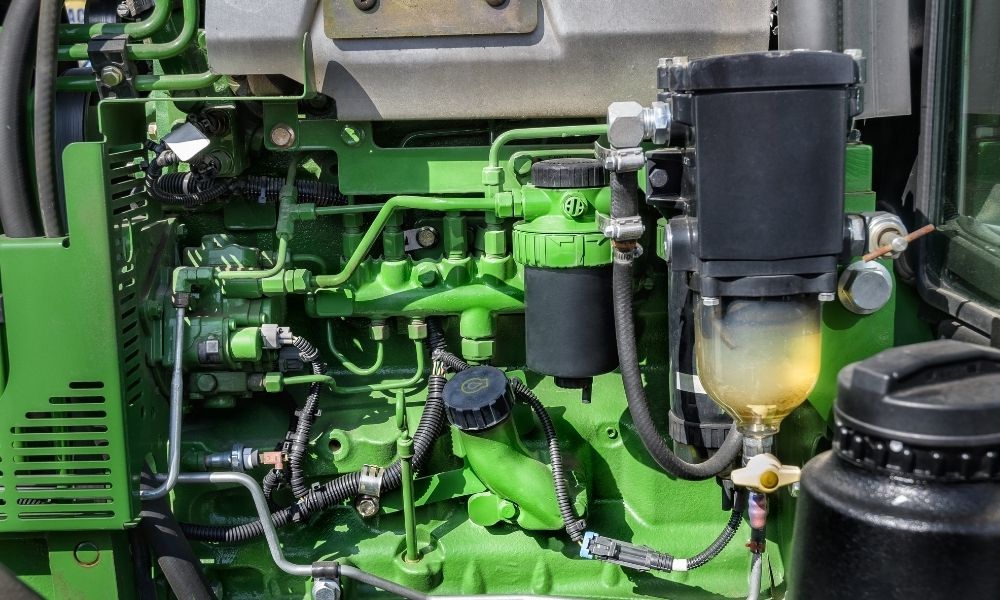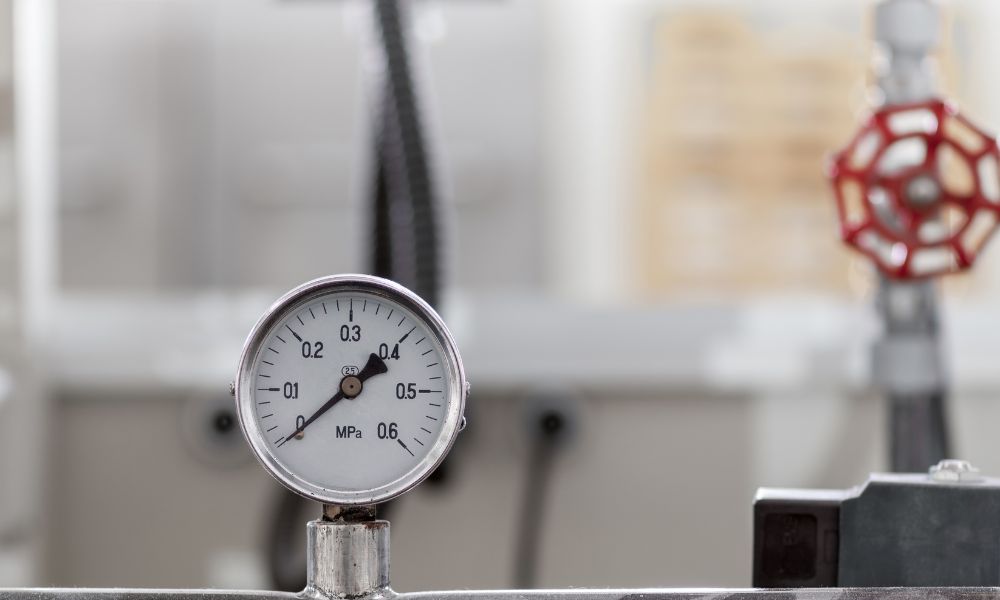
Whether you’re a small hobby farm or a larger operation bringing your produce to the Germantown Farmer’s Market, your equipment is one of your biggest investments. As such, you’ll want to make sure your equipment stays up and running.
The best way to keep your equipment in good shape is to follow a preventative maintenance schedule instead of only performing maintenance when something goes wrong. Our preventative maintenance checklist for your farm will help.
Inspect Your Equipment
It’s hard to take care of problems when you don’t know they’re there. So, the first item on your preventative maintenance checklist for your farm equipment should be regular inspections.
These inspections don’t have to be elaborate, but it helps to check on a few things a least once every few days, such as:
- Batteries
- Lights
- Tire levels
- Alarms
- Rubber hoses
- Fluids
- Filters
Again, you don’t have to waste a lot of time inspecting your equipment. But it’s a good idea to do inspections more frequently during busy seasons such as planting and harvesting.
Changing Fluids
Just like you do for your car, you need to regularly change your tractor oil. Doing so will help lubricate the engine as well as remove debris that can impact how fast your engine runs. The average tractor needs its oil changed once every six months to run at top capacity.
But oil isn’t the only fluid you need to change in your tractor. The hydraulic fluid in your tractor can also become contaminated and needs to be flushed regularly, about once every 1,200 hours of work.
Replace Your Filters
Filters also help keep your engine and fluids free of debris. There are multiple types of filters, each helping your tractor accomplish this goal. Here is when you should replace the different types of filters:
- Oil filters: whenever you change your oil
- Air filters: every 500-1000 hours
- Fuel filters: every 300-400 hours
- Hydraulic filters: every 200 hours
Farmers often overlook hydraulic filters, but given the importance of changing them, it’s one maintenance task you don’t want to forget.
Wash Your Equipment Regularly
As farmers, most of us aren’t afraid of a little dirt. Most of us don’t feel the need to wash farming equipment that’s just going to get dirty again. But dirt and debris can become corrosive over time, cutting down your equipment’s lifespan. In some cases, it can even cause a fire.
This isn’t to say your tractor must be spotless, but many recommend cleaning your tractor off throughout the day between fields.






